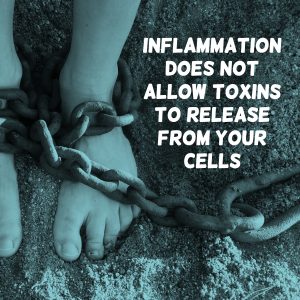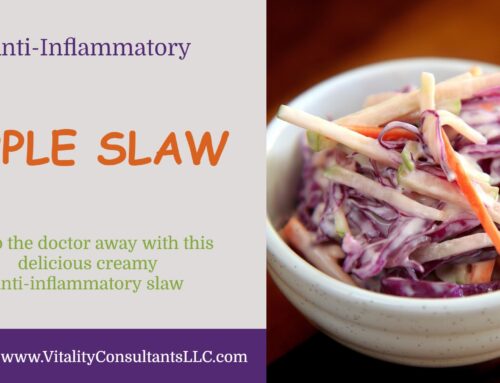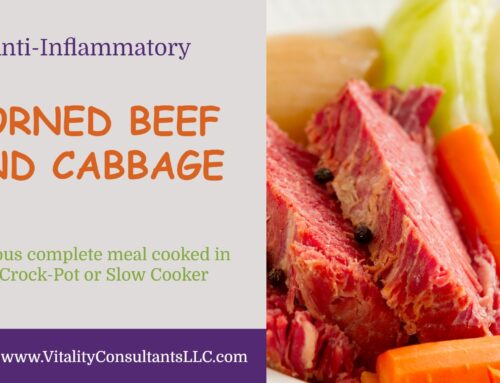The Exciting Benefits of Intermittent Fasting
If you’re a fan of diet and fitness, you’ve undoubtedly heard of intermittent fasting. This is an eating plan that cycles between periods of fasting and eating. You already do this, even if you’ve never heard of intermittent fasting. You probably sleep all night without getting up for a snack. The popular intermittent fasting plans prolong the period without food to varying degrees. We are going to discuss the health benefits of intermittent fasting in this post.
The most common schedule limits eating to a few hours each day. You could have a late lunch along with dinner at your regular time. You would limit your eating to a 4-5 hour window.
There are other schedules, but the above is the most popular.
If you’re enthusiastic, you could try alternating one day of eating with one day of fasting. Water is the only permitted item on fasting days. Other people choose to limit their eating to an 8-hour window. It’s up to you.
Intermittent fasting (IF) has several health benefits:
- Reduces oxidative damage. Normal cellular metabolism produces free radicals, which are unstable, highly reactive molecules that can damage cells in your body. Antioxidants are one class of nutrients that counteract these effects. Intermittent fasting reduces the presence of free radicals, resulting in less oxidative damage to cells in your body.
- Oxidative damage is also suspected of being one component of aging. The damage of oxidative stress eventually adds up, and the organism eventually dies.
 Reduces inflammation. Inflammation is in the news on a daily basis. Systemic inflammation is caused by the immune system. This low-grade inflammation is rarely noticed, but it’s implicated in many chronic diseases. Hypertension, arthritis and asthma are three examples. Lupus and inflammatory bowel disease are also caused by inflammation.
Reduces inflammation. Inflammation is in the news on a daily basis. Systemic inflammation is caused by the immune system. This low-grade inflammation is rarely noticed, but it’s implicated in many chronic diseases. Hypertension, arthritis and asthma are three examples. Lupus and inflammatory bowel disease are also caused by inflammation.
- The foods we eat are major contributors to inflammation. By going a longer period without food, you can reduce the amount of inflammation in your body.
- Possibly increases your life span. IF has been shown to increase life span in rodents. The surest was of increasing the lifespan of any mammal is to reduce its calorie intake. Studies haven’t been going on long enough to show if the effect is found in humans, but scientists have been able to double the lifespan of rats and mice by reducing their food intake.
- Reduces obesity and hypertension. If you only eat for a few hours per day, you’ll eat less. When you eat less, you weigh less. Hypertension is also reduced by intermittent fasting. This is probably due to a combination of weight loss and reduced inflammation.
- Obesity is implicated as a contributing factor to many diseases. Getting your weight under control is an important goal.
- IF has been found to improve, or even cure, type-2 diabetes. Reducing the number of times you eat each day will reduce the amount of insulin released by your pancreas. This helps to improve insulin sensitivity. Again, losing weight is also believed to be a factor.
By reducing hypertension, inflammation and blood sugar issues, the likelihood of developing heart disease is much lower. Intermittent fasting can be that powerful.
Intermittent fasting has been shown to provide numerous health benefits. However, it’s still necessary to choose your foods wisely. The quality of your diet is still important. No diet will turn doughnuts and chips into health foods. You still have the responsibility to eat well. Remember when you are planning out your meals, plan to eat healthy on the off hours of fasting. We will give you a couple of easy to prepare anti-inflammatory recipes to keep you on the right track. Or check out The Official Anti-Inflammatory Diet Masterclass for helpful information and over 500 recipes.
Intermittent fasting can be an effective way to combat aging and many diseases. Of course, it’s still necessary to follow the advice of your physician. Start slowly. Try skipping breakfast and any morning snacks for a week. The following week, give up your evening snacks, too. You’ll be an intermittent faster before you know it.
Here is a few recipe to get you started with an anti-inflammatory diet and intermittent fasting as a lifestyle. Even though we are including a breakfast idea, if you skip breakfast, try this for lunch or dinner.

Simple Market Scramble
Ingredients
- 4 large eggs
- 1-2 Tbsp olive oil
- 3 cups vegetables of your choice diced
- Salt and pepper to taste
- Fresh herbs if available chives, parsley, green onion
Instructions
- Heat olive oil in a medium skillet and saute vegetables sprinkled with salt, pepper and optional herbs.
- Remove from heat and set aside once vegetables are cooked to your liking.
- Whisk eggs in a small bowl, adding salt and pepper to taste
- Spray a small skillet with olive oil spray. Place eggs and a splash of water in skillet, scrambling over low heat. Stir frequently and do not overcook.
- Combine eggs and vegetables, top with fresh herbs and serve.
Notes
- If you are unable to use oil for a specific diet, simply spray your skillet with olive oil or non-stick cooking spray before cooking vegetables.
- Serve with a side of lean breakfast sausage or bacon. Or add the side of protein to your eggs in instruction 5 above.
Want free anti-inflammatory recipes, downloadable resources and efficiency tips and tricks from a professional chef? Of course you do! Click here for the secret sauce!







